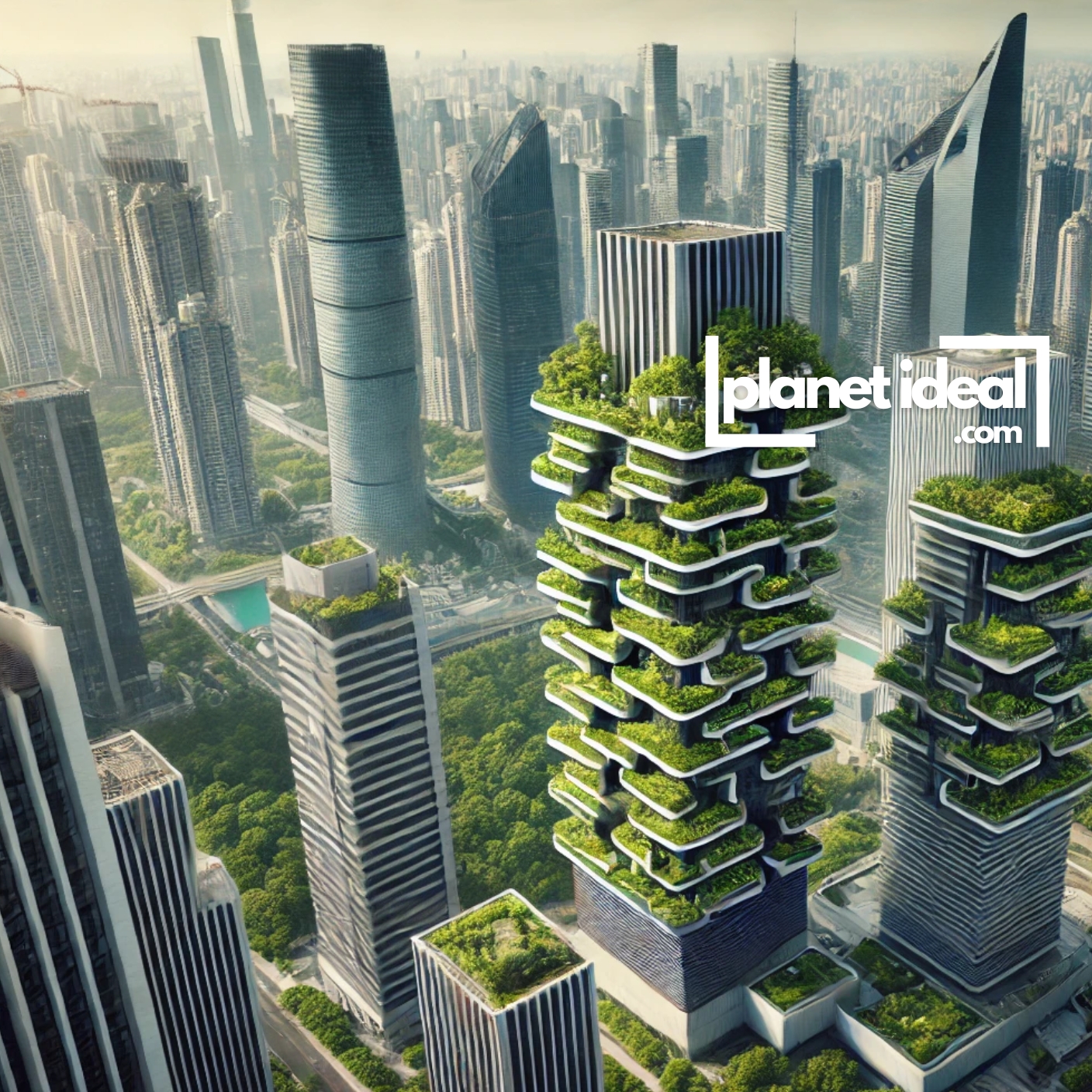Let’s face it—farming isn’t what it used to be. Long gone are the days when endless fields were the only way to grow food. Now, we’re talking about farming upwards, not outwards. Enter vertical farming: the skyscraper of agriculture. With its futuristic vibes and eco-friendly promise, this farming method is turning heads and changing how we think about growing food. Let’s dig (pun intended) into why vertical farming might just save the planet—and why your lettuce could soon be grown in a tower, not a field.
Table of Contents
Toggle1. What Is Vertical Farming, Anyway?
Think of vertical farming as high-rise real estate for plants. Instead of spreading crops across acres of land, this method stacks them in vertical layers inside controlled environments. It’s like an apartment complex but for kale and tomatoes.
Key Features of Vertical Farming:
- Uses LED lights instead of sunlight.
- Requires less land and water.
- Grown in urban areas, reducing food miles.
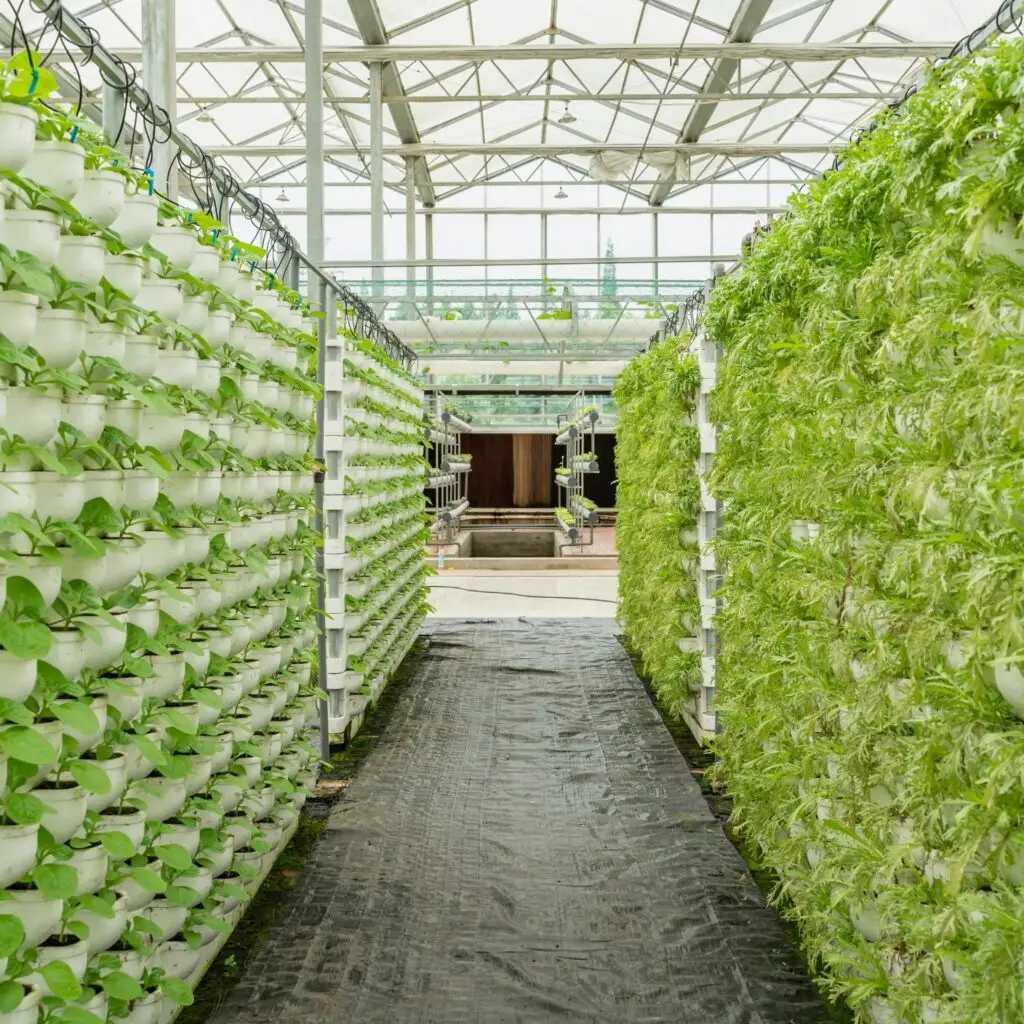
2. Why Vertical Farming Is a Big Deal
You don’t need to be a farming expert to see the appeal of vertical farming. It tackles some of the biggest problems in traditional agriculture:
Environmental Benefits:
- Less Water Use: Vertical farms use up to 95% less water than traditional farms.
- No Pesticides: Controlled environments mean no bugs, which means no chemicals.
- Reduced Food Miles: These farms can pop up in cities, so your salad doesn’t need to take a road trip to get to your plate.
Urban Agriculture Revolution:
Picture this: a vertical farm in the heart of New York City, feeding thousands of people without relying on rural land. It’s happening already!
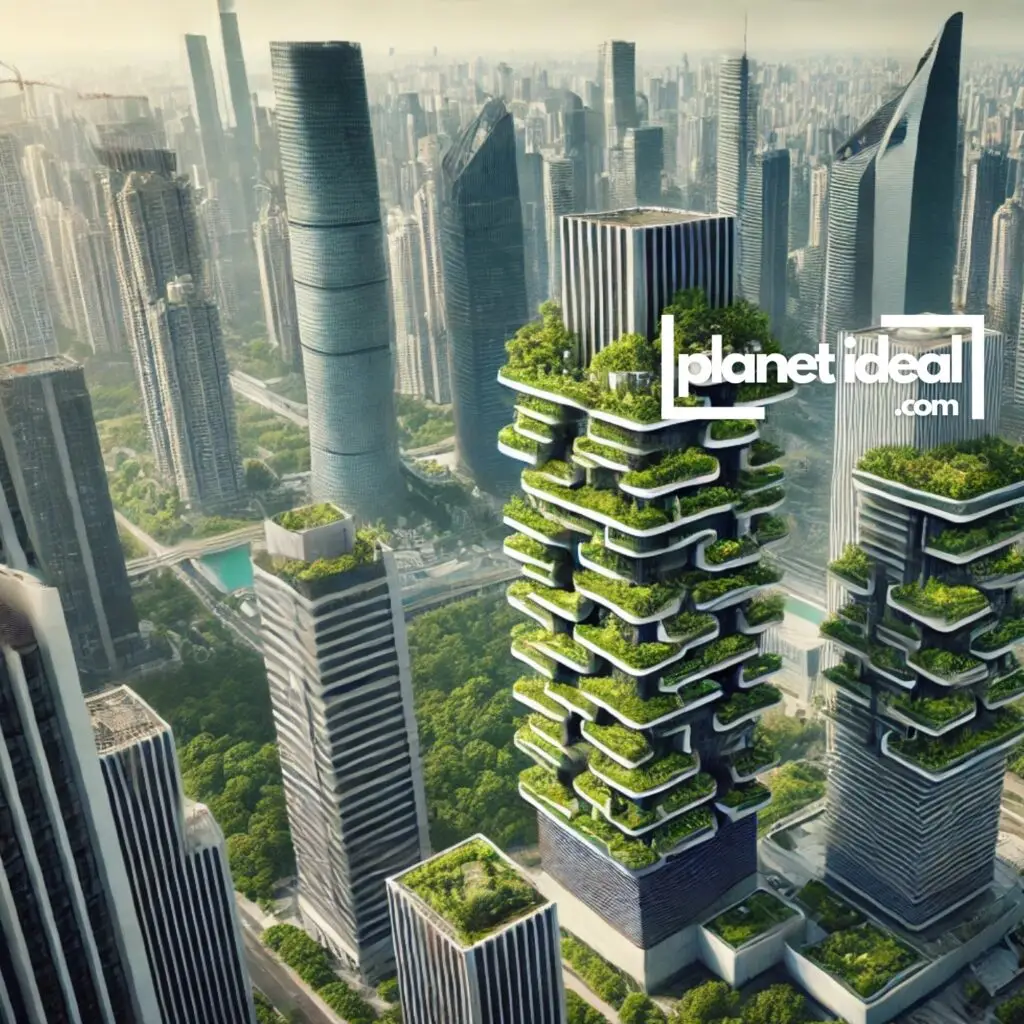
3. The Science Behind the Stacks
Here’s how it works (don’t worry, we’re keeping it simple):
- Hydroponics or Aeroponics: Plants grow in nutrient-rich water or mist, not soil.
- LED Lighting: Mimics sunlight to help plants grow.
- Controlled Climate: No worrying about droughts, floods, or frost.
Table: Hydroponics vs. Aeroponics
| Feature | Hydroponics | Aeroponics |
|---|---|---|
| Uses water | Yes | Minimal |
| Plant support | Submerged roots | Suspended roots |
| Efficiency | High | Higher |
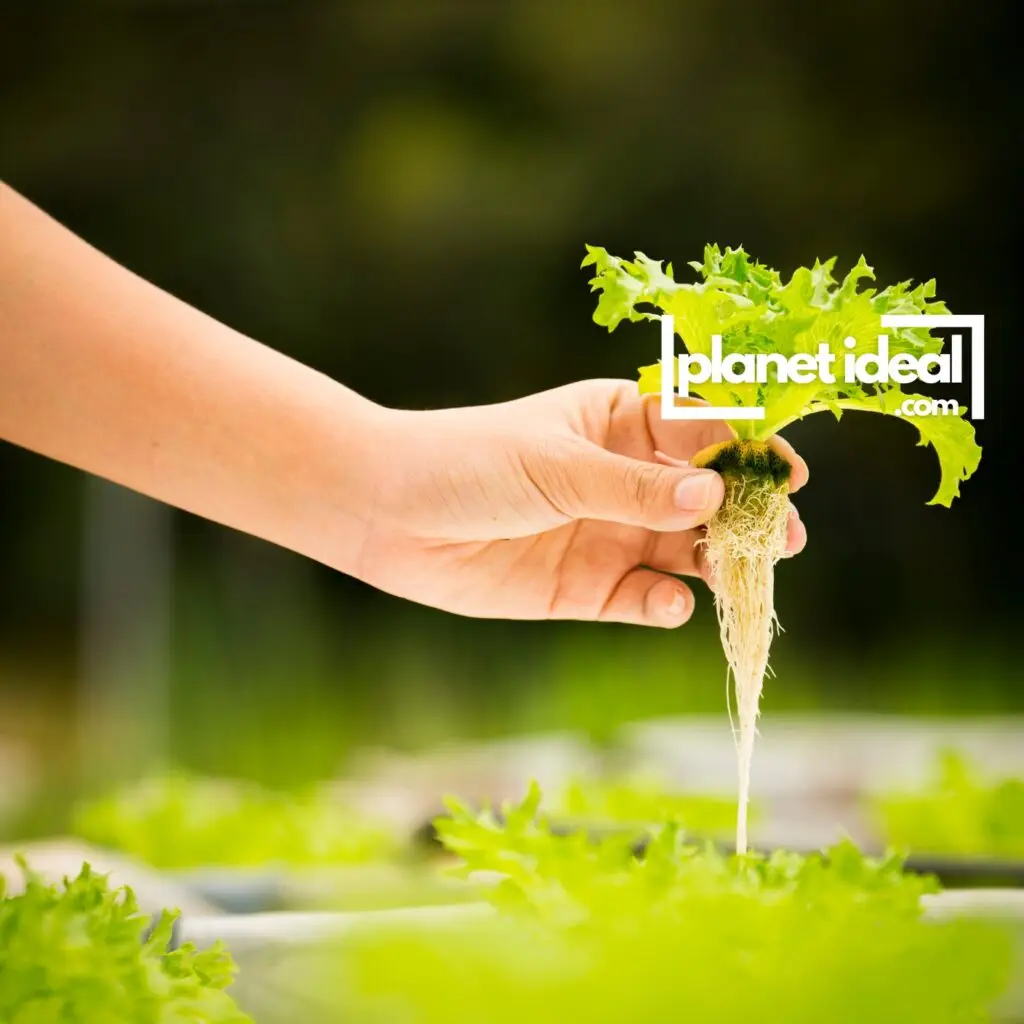
4. Common Crops Grown in Vertical Farms
Not all crops are suited for vertical farming (sorry, corn lovers). Here’s what typically makes the cut:
- Leafy greens (lettuce, spinach, kale)
- Herbs (basil, mint, cilantro)
- Small fruits (strawberries, cherry tomatoes)
Pro Tip:
Want to try a DIY version? Look into vertical garden kits for your kitchen—perfect for fresh basil whenever your pasta demands it.
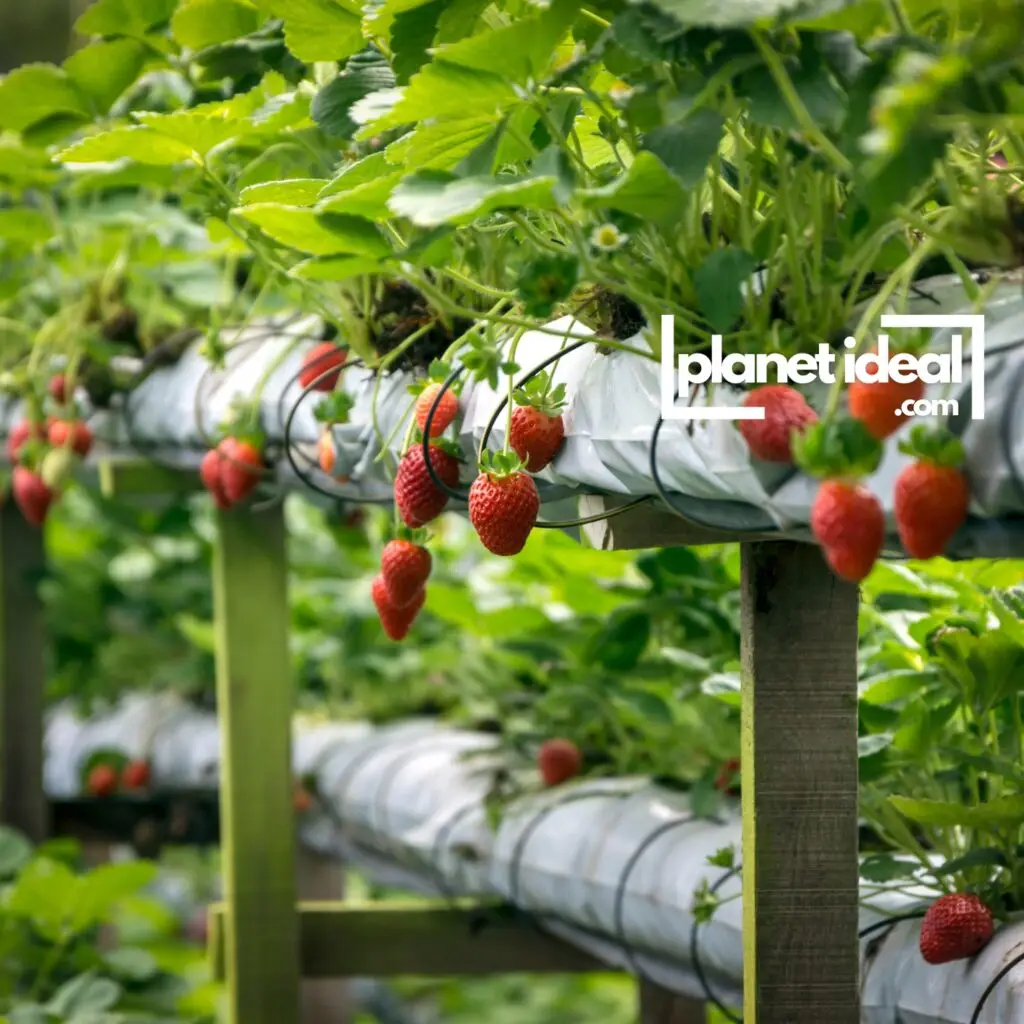
5. Challenges Facing Vertical Farming
Okay, it’s not all sunshine and rainbows—or should we say LED lights and mist? Vertical farming has some hurdles to overcome:
- High Initial Costs: Setting up a vertical farm isn’t cheap.
- Energy Use: LED lights are efficient, but they still use electricity.
- Crop Variety: You won’t see wheat or corn climbing the walls anytime soon.
6. The Future of Farming Is Vertical
So, what’s next for vertical farming? Experts predict this method will:
- Expand to more cities worldwide.
- Use renewable energy sources to lower its carbon footprint.
- Integrate robotics and AI for even more efficiency.
Quick Fact:
By 2030, vertical farming could be a $20 billion industry!
Witty Eco-Warrior | Advocate for Sustainable Living | Turning Environmental Insights into Laugh-Out-Loud Learning Moments
Denzil Dazzle is an environmental enthusiast and storyteller who brings a unique flair to eco-conscious writing. With a knack for transforming technical jargon into bite-sized, humorous, and engaging reads, Denzil has carved out a niche in the world of Eco-Food, Sustainability, and Green Living. His work resonates with readers who crave both a good laugh and a deeper understanding of pressing environmental issues. Whether it's exploring the joys of sustainable eating or demystifying the latest green innovations, Denzil’s articles promise to entertain and enlighten.

